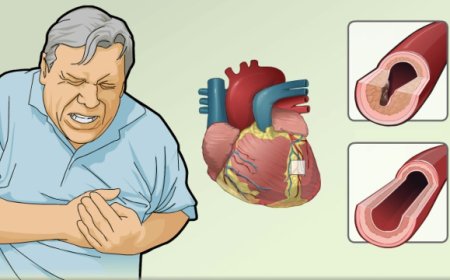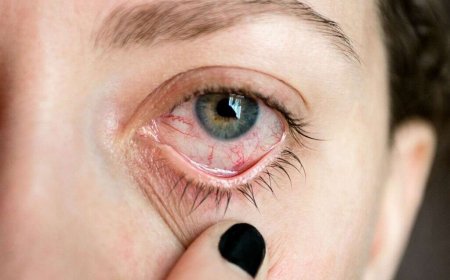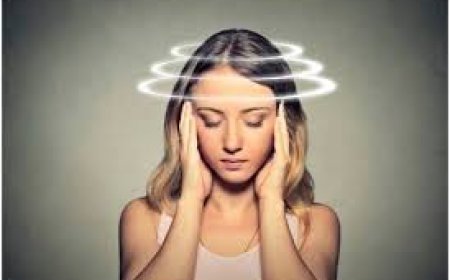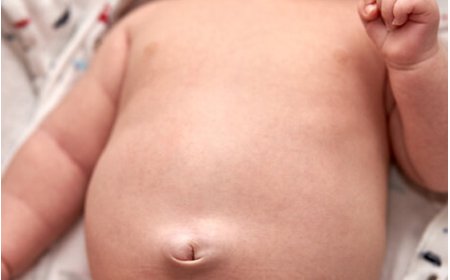Bipolar Disorder
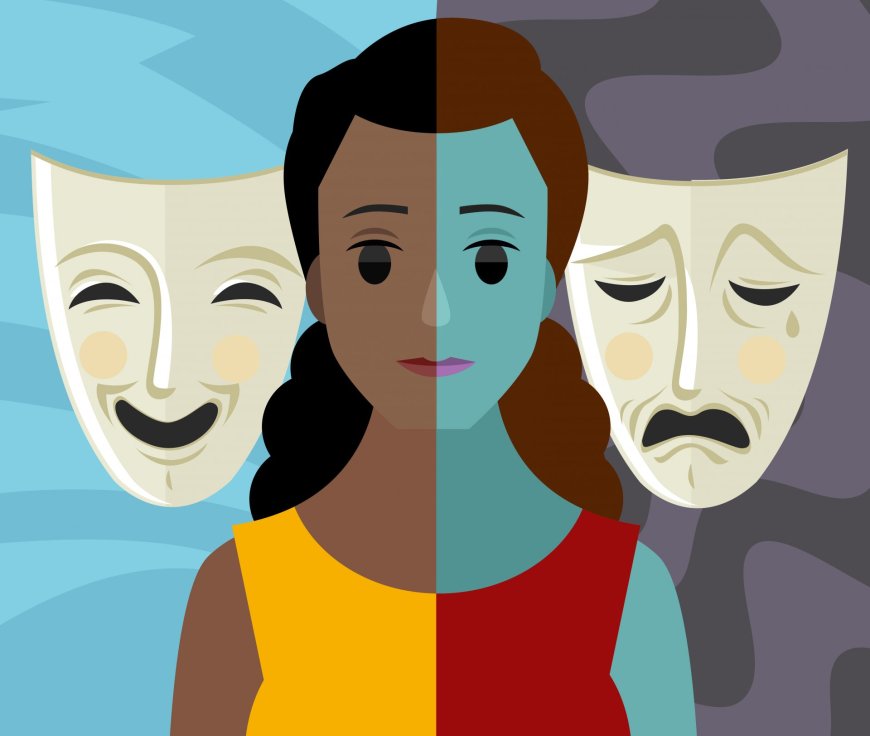
Introduction:
Bipolar Disorder is a mental health condition that affects people's moods, emotions, and behavior. In India, just like anywhere else in the world, some individuals may experience extreme shifts in their emotions, swinging between periods of high energy and excitement (mania) and low moods (depression). This article aims to explain Bipolar Disorder in simple terms, using relatable examples for 10-year-old children in India to understand.
Signs and Symptoms:
When someone has Bipolar Disorder, they may show signs such as feeling extremely happy and energetic one moment, followed by feeling extremely sad and hopeless the next. Here are some common symptoms:
- Mania: Feeling overly happy, talking very fast, having too much energy, and taking risky actions.
- Depression: Feeling sad, losing interest in activities, having trouble sleeping, and feeling tired all the time.
What Is Bipolar Disorder?
Bipolar Disorder is a mental health condition where a person's feelings go up and down like a rollercoaster. Imagine feeling super excited and full of energy like you're flying on a magic carpet one moment, and then suddenly feeling like you're sitting in a deep, dark tunnel with no light the next. That's what some people with Bipolar Disorder experience.
How Is Bipolar Disorder Classified?
Bipolar Disorder can be divided into different types based on the patterns of mood swings:
- Bipolar I Disorder: People experience intense manic episodes that last for at least a week. Sometimes, these episodes can be so extreme that they might need to go to the hospital.
- Bipolar II Disorder: People experience milder manic episodes, called hypomania, and longer periods of depression.
- Cyclothymic Disorder: People have numerous periods of hypomania and mild depression that last for at least two years.
Causes and Triggers:
The exact cause of Bipolar Disorder is not known, but it might be a combination of things like genes (which we inherit from our parents) and our environment. Certain things can trigger mood swings, like stress, changes in routines, or not getting enough sleep.
Risk Factors with Examples:
Some factors can make people more likely to develop Bipolar Disorder. For example:
- Family History: If someone in your family has Bipolar Disorder, you might be at a higher risk.
- Substance Abuse: Using drugs or alcohol can increase the risk of developing the disorder.
Types of Bipolar Disorder with Detailing for Each Type:
As mentioned earlier, there are three main types of Bipolar Disorder. Let's understand them better:
- Bipolar I Disorder: This type involves severe manic episodes that can lead to dangerous behavior. For example, someone might spend lots of money impulsively or not sleep for days.
- Bipolar II Disorder: People with this type experience milder manic episodes (hypomania), which might make them feel very productive and happy. However, they may also feel sad and hopeless during their depression periods.
- Cyclothymic Disorder: This type includes many periods of ups and downs, but the symptoms are not as severe as in Bipolar I or II.
Diagnostic Tests and Treatments:
Diagnosing Bipolar Disorder involves talking to a doctor or a mental health professional who will ask questions about the person's feelings and behaviors. They may also use certain tests to rule out other conditions.
Complications of Bipolar Disorder and Prevention Techniques:
If not managed well, Bipolar Disorder can lead to difficulties in school, work, and relationships. However, with the right treatment, people with Bipolar Disorder can live fulfilling lives. Prevention techniques include maintaining a healthy lifestyle, managing stress, and seeking help early if someone notices unusual changes in their mood.
Bipolar Disorder can be challenging, but with proper understanding, support, and treatment, people can learn to manage their emotions and lead happy lives. If you or someone you know experiences extreme mood swings, it's essential to talk to a doctor or a mental health professional. Remember, there's help available, and everyone deserves to feel happy and safe.
What's Your Reaction?
 Like
0
Like
0
 Dislike
0
Dislike
0
 Love
0
Love
0
 Funny
0
Funny
0
 Angry
0
Angry
0
 Sad
0
Sad
0
 Wow
0
Wow
0


























































